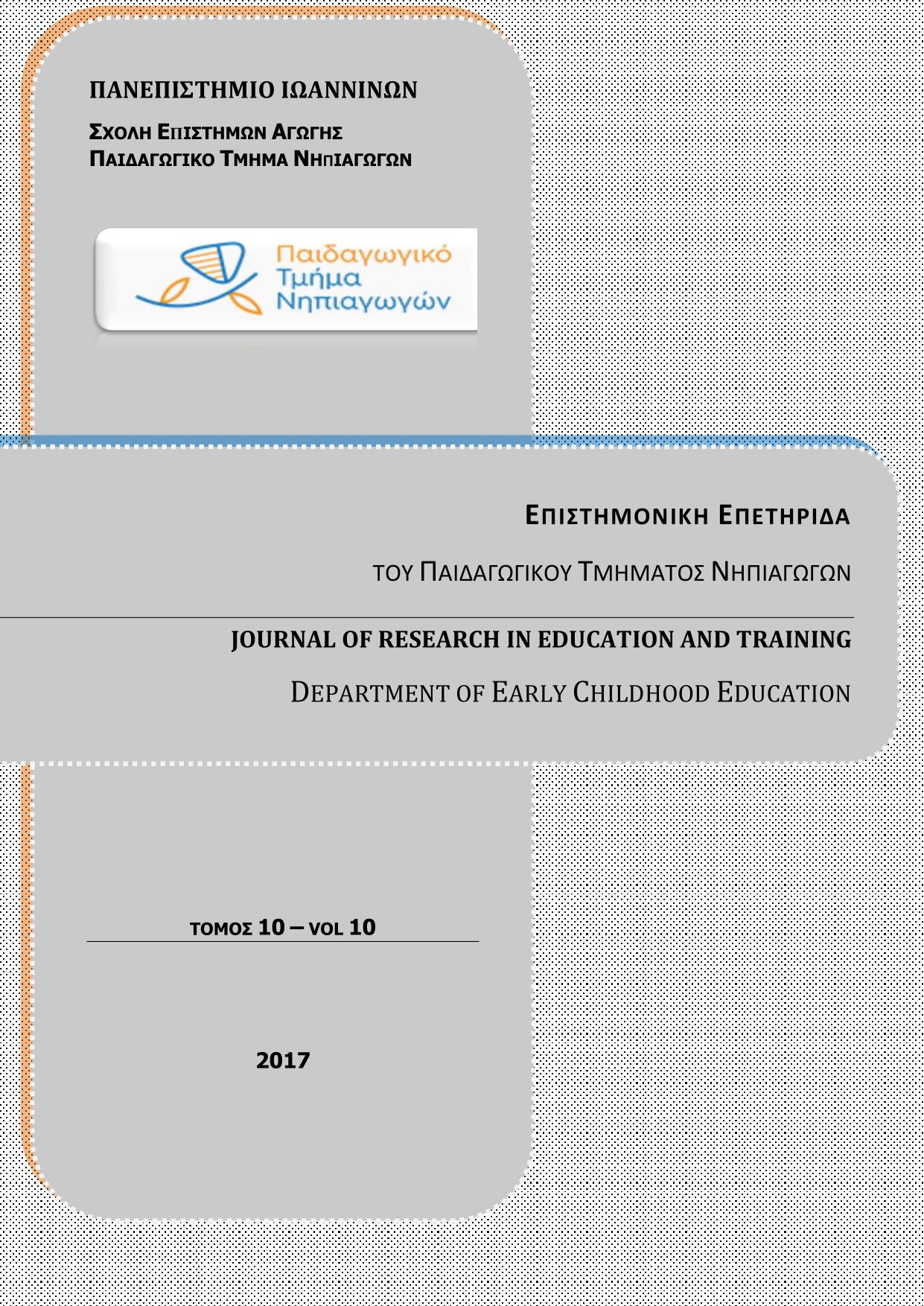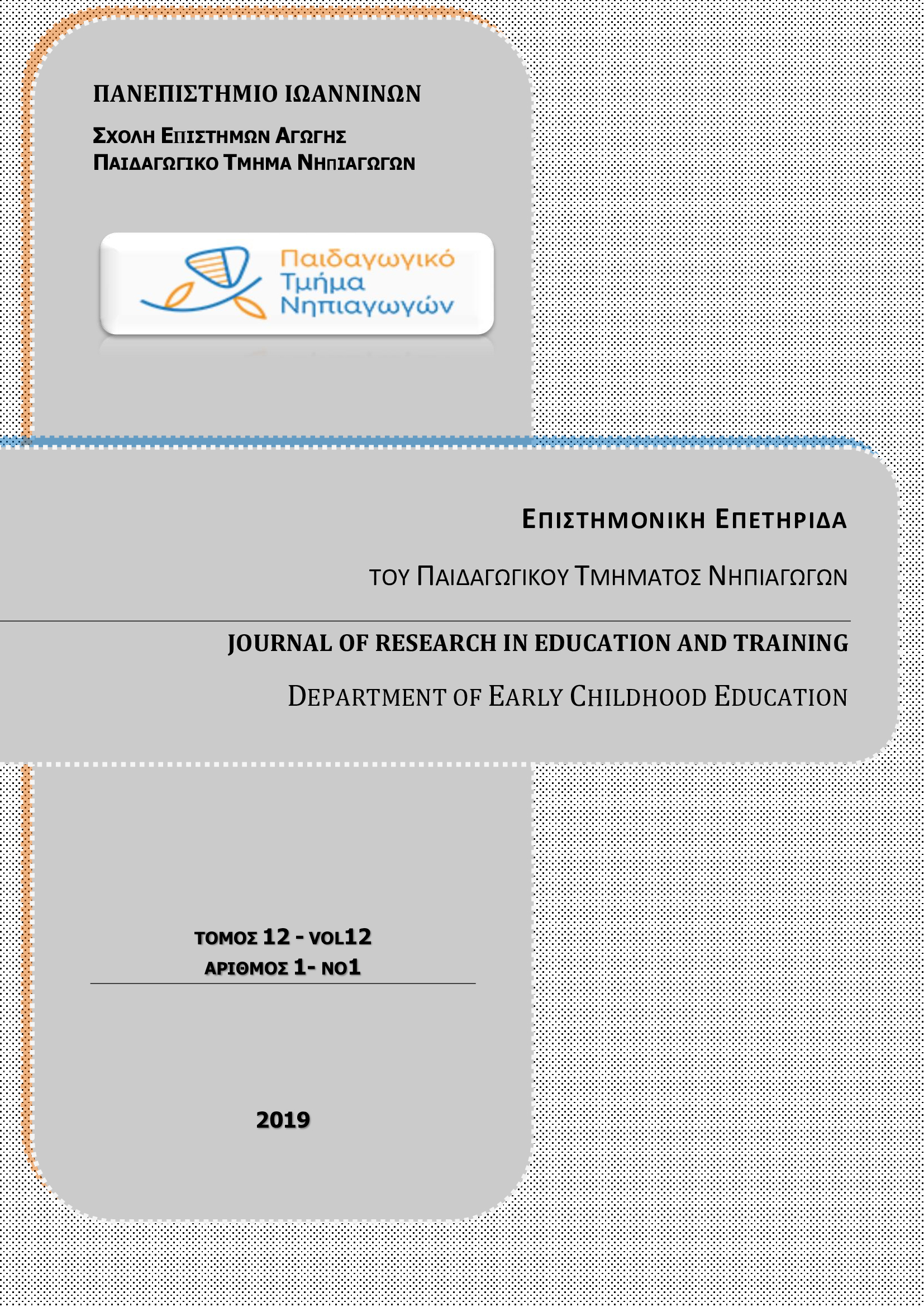Review of early intervention programs for the cultivation of social and emotional skills in preschool

Abstract
The purpose of this study is to present a literature review of intervention programs which have been structured in Greece or have been translated in Greek and pertain to the teaching of social and emotional skills to preschool students. The short-term aim of these programs is to promote students’ social and emotional skills, while the long term aim is to improve their adaptability and their academic achievement. The aggregation of intervention programs, in this paper, is useful and necessary for teachers who are interested to make an implementation of any or some of these programs in their classroom, as well as researchers who study the social and emotional development of preschool children. The process of tracking down and presenting the programs also pertains to their main effectiveness testing criteria: the training of teachers on the implementation of a program in the classroom, the availability of the program’s material, the involvement of parents in the program and the evaluation of the program (where this was available).
Article Details
- How to Cite
-
Doni, E., & Giotsa, A. (2017). Review of early intervention programs for the cultivation of social and emotional skills in preschool. Journal of Research in Education and Training, 10(1), 68–97. https://doi.org/10.12681/jret.10225
- Issue
- Vol. 10 No. 1 (2017)
- Section
- Articles

This work is licensed under a Creative Commons Attribution-NonCommercial-ShareAlike 4.0 International License.
Authors who publish with this journal agree to the following terms:
- Authors retain copyright and grant the journal right of first publication with the work simultaneously licensed under a Creative Commons Attribution Non-Commercial License that allows others to share the work with an acknowledgement of the work's authorship and initial publication in this journal.
- Authors are able to enter into separate, additional contractual arrangements for the non-exclusive distribution of the journal's published version of the work (e.g. post it to an institutional repository or publish it in a book), with an acknowledgement of its initial publication in this journal.
- Authors are permitted and encouraged to post their work online (preferably in institutional repositories or on their website) prior to and during the submission process, as it can lead to productive exchanges, as well as earlier and greater citation of published work (See The Effect of Open Access).



